HRM DefinitionCoordination, management, and staff allocation are all aspects of human resource management (HRM), which aims to advance the objectives of a business. HRM is concerned with managing all facets of employment, from recruiting to remuneration (compensation) and development and putting money into employee welfare. 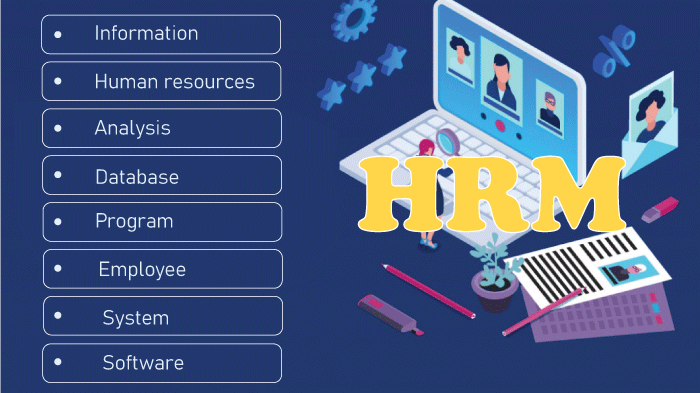
Employment management, training, or compensation are possible specializations in HRM jobs. Most HRM professionals have a bachelor's degree. However, others continue their education by getting a master's. Certifications are available to all HRM professionals, allowing them to further their education and increase their earning potential. Through the management of employees, HRM aims to establish a corporate culture and achieve its objective and overarching goals. Human Resource Management Definition (HRM)Human resource management involves planning, organizing, and overseeing its workforce to fulfill an organization's mission, vision, and goals. This covers employee recruitment, hiring, training, compensation, benefits, retention, and motivation. Employee safety rules and procedures are also developed and implemented by HRM professionals. The HRM team oversees compliance with federal and state legislation that may serve to safeguard workers' private information and guarantee their physical safety, mental health, and emotional stability. HRM is crucial to the effective operation of businesses of all sizes and in all sectors. Functions of Human Resource ManagementDepending on the sector, the size of the company, and the sorts of people employed, HR duties might change. The main goals are often to find and develop talent and enhance collaboration and communication among workforce members. Additional crucial duties of human resource management include: 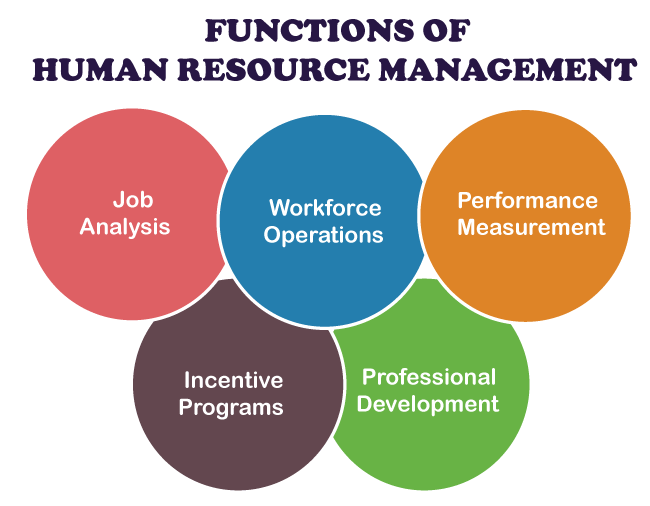
1. Job Analysis Employing the best candidates, establishing a good salary, and developing a training program may be simpler if you can properly identify the knowledge and expertise required for a position. 2. Workforce Management It is done by supporting regulatory compliance by developing health and safety regulations, handling employee complaints, collaborating with labor unions, etc. 3. Performance Evaluation Performance evaluation is crucial since it promotes staff growth through constructive criticism and acts as a guide for pay increases, promotions, and terminations. 4. Incentive Schemes Acknowledging accomplishments and rewarding the best employees with incentives and other benefits is a tried-and-true strategy for encouraging staff to take responsibility for company goals. 5. Professional Advancement It occurs through employee training, which ranges from orientation to higher educational workshops, and helps to increase productivity, lower turnover, and lessen the need for supervisors. Why Use An HRMS (Human Resource Management System)?HRMS are made to address the fundamental requirements of HR and transform routine administrative tasks into vital business value enhancers. These data-driven, people-centric technologies might help HR managers:
Human Resource Management's ImportanceHRM practices are intended to handle the workforce in a way that will help the organization achieve its goals and maintain its culture. When done properly, HR managers may help recruit new employees with the skills required to achieve the company's targets and nurture and train current employees to meet objectives. As a company's staff determines its success, HRM is crucial to maintaining or improving its viability. HR directors can also monitor the labor market to keep their business competitive. This might involve ensuring equitable pay and benefits, organizing activities to prevent burnout, and changing employment positions to reflect the market. Responsibilities of Human Resource ManagementHR specialists frequently develop and manage programs that improve workplace efficiency and employer-employee relations. This wide task includes several distinct but important responsibilities, including: 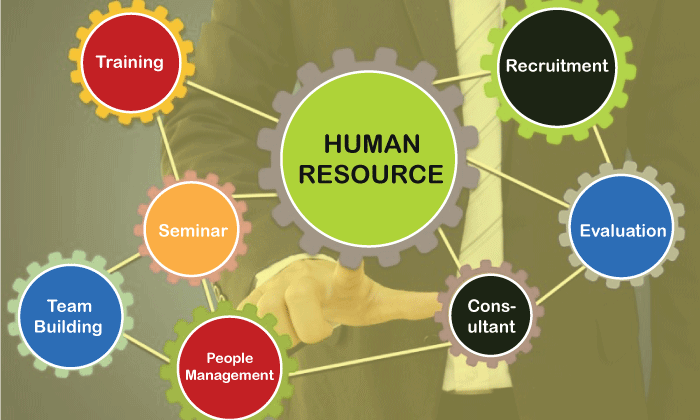
1. StaffingManaging a company or a specific department requires various crucial procedures. Recruiters must determine how many recruits the budget can support before selecting candidates and settling on salary. After finding and interviewing eligible individuals, they must then make their final decisions. 2. Creating Workplace RegulationsWhen a new or changed policy is necessary, HR specialists frequently engage with managers and other executives, produce the accompanying materials, and distribute them to employees. Policies may address holidays, dress standards, disciplinary measures, and other workplace customs. 3. Pay and Benefit AdministrationCompensation must adhere to industry norms and be competitive with what other workers in related professions are earning to draw in and keep talent. A thorough evaluation of an employee's years of employment, experience level, education, and talents is necessary to develop such a fair compensation scheme. 4. Talent PreservationTalented employees aren't merely retained by compensation. Taking proactive steps to address issues with workplace cultures, subordinate-worker interactions, and corporate cultures may be important for HR managers. 5. Employee TrainingEmployees are more likely to be productive and comfortable with their jobs when they learn new skills. Team-building exercises, ethical and policy education, and on-the-job training and skills, such as operating a device or computer programs, are a few of the training courses commonly performed by HR departments. 6. Adhering To RegulationsLaws affecting the workplace, whether related to inequality, health care, wages, or working hours, are always evolving. HR professionals must stay current on these developments to assist compliance and inform the rest of the business. 7. Upholding SafetyWorkplace safety entails safeguarding not just the workers' physical well-being but also their data. To lower workers' compensation claims and data breaches, HR must implement security measures and make sure that all national, provincial, and union standards are followed. HRM ProcessUnder the umbrella of human resource management are the management processes of organizing, planning, directing, and controlling.
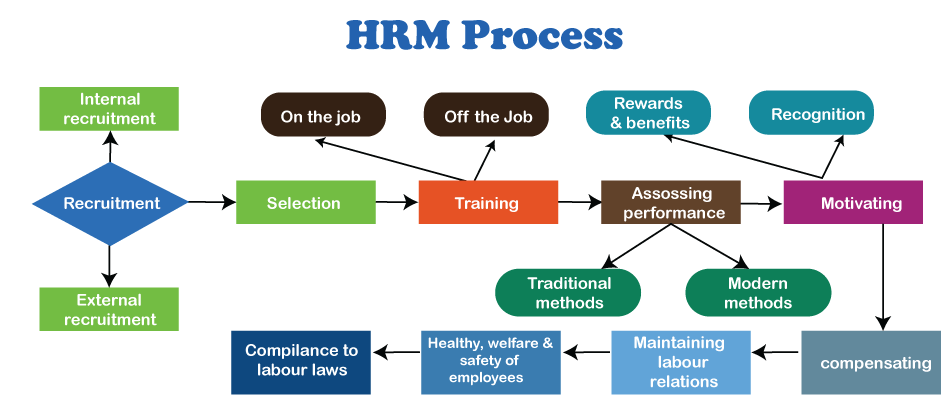
Human Resource Management is a multi-disciplinary subject.
Human resource management is a department inside a corporation that oversees all employee-related matters. It carries out a range of tasks, such as human resource planning, conducting job evaluations, recruiting, holding interviews, choosing human resources, focusing, training, compensating, offering rewards and benefits, appraising, maintaining, career training, improving the working environment, staff discipline, obscuring sexual harassment and assault, human resource monitoring, and upholding industry standards. According to the conventional wisdom on staffing needs in this area, a full-time human resources professional should be employed for every 100 workers. The actual percentage for a corporation can vary depending on factors, including the degree of HR centralization, the geographic dispersion of the people served, the amount of personnel expertise, and organizational complexity. Small Business and Human Resource ManagementAlthough all firms need to manage their human resources, smaller businesses may face more risks. For instance, compared to one unskilled worker in a population of thousands, 10 unskilled workers may have a far bigger negative effect. Small business owners may often do one of the following to enhance their people processes:
Objectives of Human Resource ManagementFour main categories can be used to categorize HRM objectives. 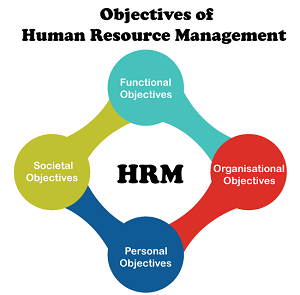
HRM Software and SystemsThe growing proportion of contract-based workers and the complexity of laws have forced HR professionals to convert to HRM software to keep up with the evolving labor circumstances and people management needs. This technology has a range of applications that can accommodate any business size. Straightforward systems might offer payroll, benefits, and recruitment services, although more complete solutions frequently include talent management, assistance with global compliance, and predictive analysis. There are typically three solutions accessible to business executives and HR experts searching for software that will enable them to do more with fewer resources:
Why Is It Referred To As "Human Resource Management"?The term "human" describes the qualified labor in a business. "Resources" are things that are rare or have a limited supply. "Management" is maximizing and making the best possible use of precious or restricted resources to achieve the business's aims and objectives. 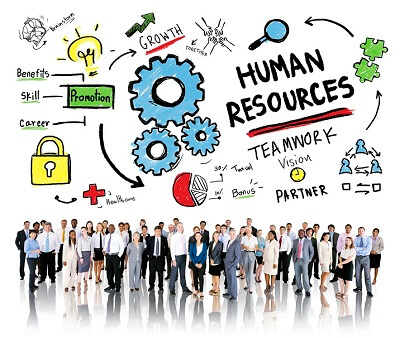
The biggest example of the current situation is the significant lack of skilled labor in the building industry. As it is anticipated to triple from its present 30% over the next 10 years, industry analysts worry that it will have a negative impact on the industry's overall productivity. Human resource management is necessary to effectively utilize the skilled labor force that is available, as well as the current human resources in the organization. According to experts, automation and technology are replacing and undervaluing human resources. Yet since only people can build machines and technology, humans must also run or at least manage them, which is why businesses are constantly looking for bright, competent and certified employees to support the ongoing development of the business. Hence, even though artificial intelligence has lately replaced many tasks, people are still crucial resources for any organization since they have judgement skills unmatched by robots.
Next TopicInfection Definition
|
 For Videos Join Our Youtube Channel: Join Now
For Videos Join Our Youtube Channel: Join Now
Feedback
- Send your Feedback to [email protected]
Help Others, Please Share










